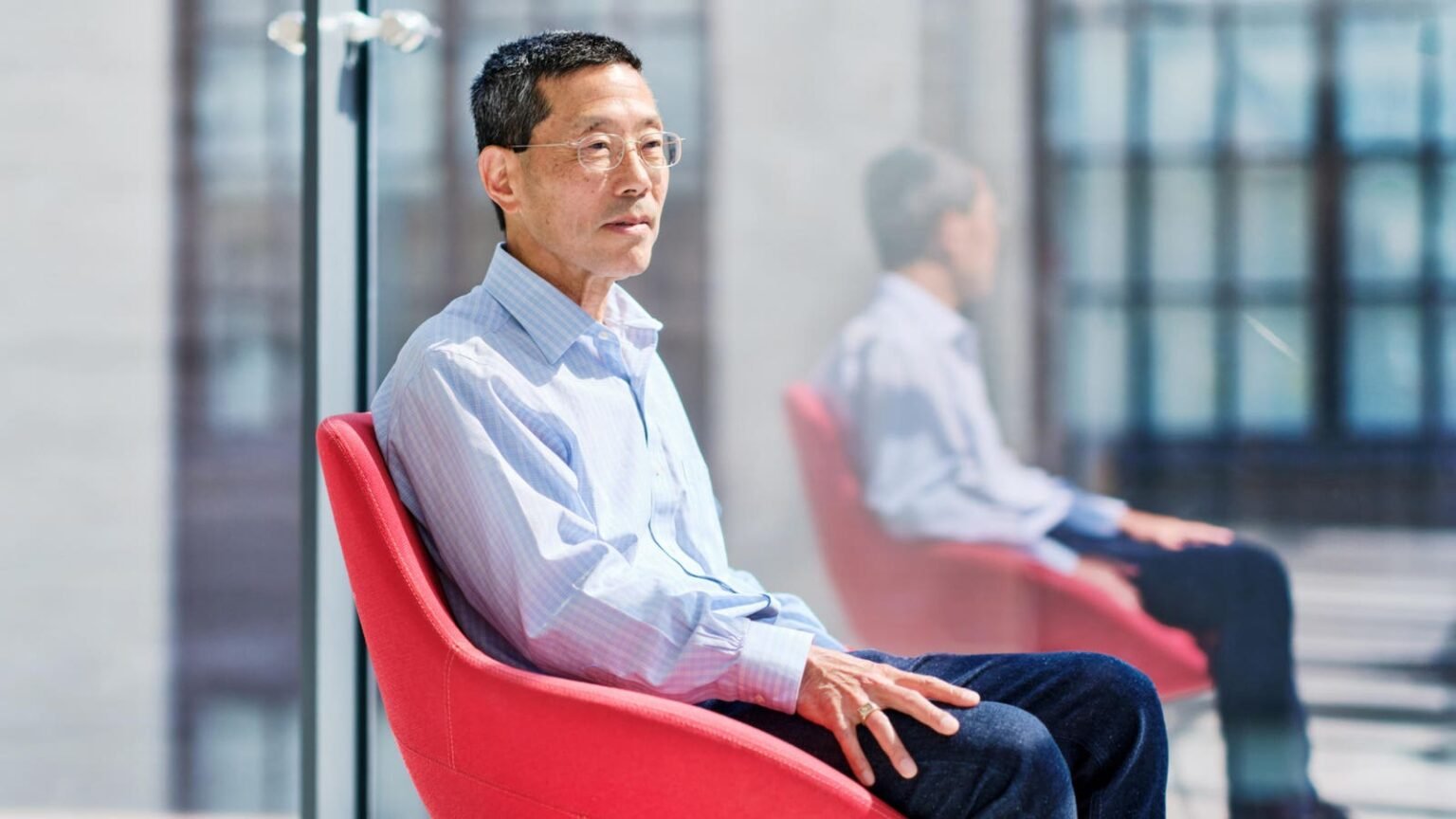Yet-Ming Chiang, a professor at Massachusetts Institute of Technology, has used his research in materials science to launch 10 startups focused on energy and sustainability. His work in areas like batteries, green cement, and critical minerals aims to mitigate the effects of climate change. Chiang’s realization of the impact of climate change, such as tropical fish in New England waters, inspired him to focus on developing solutions to combat the crisis.
Through his startups, Chiang has raised over $2.5 billion to create commercially scalable green and low-carbon alternatives to current carbon-based technologies. He is especially focused on replacing carbon-intensive practices with sustainable solutions. Chiang’s companies, including Form Energy and Sublime Systems, are working on developing iron-air batteries and low-carbon cement to reduce greenhouse gas emissions and address environmental challenges.
Chiang’s career path and dedication to climate research showcase his commitment to creating impactful solutions for the future. As an immigrant from Taiwan, he has built a successful career at MIT, focusing on energy and sustainability since the mid-2000s. His expertise in areas like battery technology and industrial materials has earned him recognition as one of MIT’s most prolific academic inventors and a leader in energy materials innovation.
Despite setbacks in some of his startups, Chiang remains optimistic about the potential for innovative technologies to drive decarbonization efforts. He continues to launch new companies in various sectors, such as cement and electric aircraft engines, with the goal of reducing greenhouse gas emissions and advancing sustainable practices. Chiang’s approach to inventing solutions by starting with real-world problems highlights his ability to address pressing environmental challenges.
Sublime Systems, one of Chiang’s recent startups, focuses on decarbonizing the cement industry, a major contributor to greenhouse gas emissions. By replacing traditional high-temperature kilns with an electrochemical process, the company aims to reduce CO2 emissions associated with cement production. Chiang’s emphasis on electrifying processes that currently rely on fossil fuels underscores his commitment to sustainable energy practices.
Chiang’s latest ventures, including Propel Aero for electric aircraft engines and startups in lithium extraction and geologic hydrogen, demonstrate his ongoing efforts to explore new opportunities for reducing carbon emissions. His focus on critical minerals and environmentally friendly mining practices reflects his dedication to revolutionizing established industries for a more sustainable future. Chiang’s work highlights the potential for innovation to drive significant changes in the fight against climate change and offers hope for a more sustainable world.

